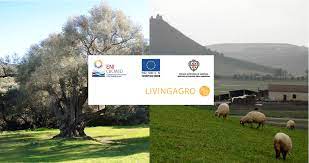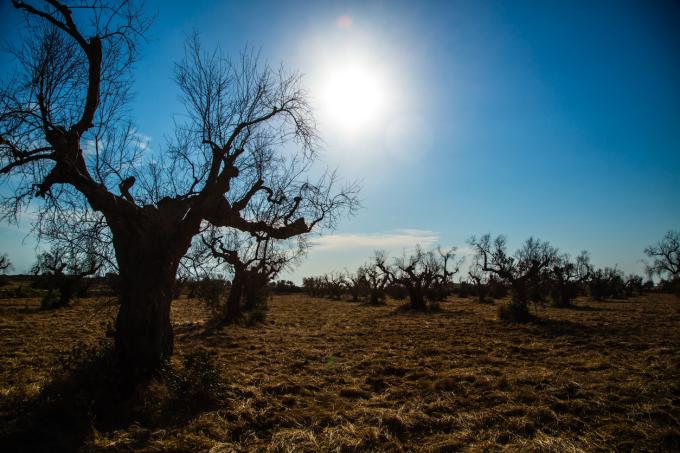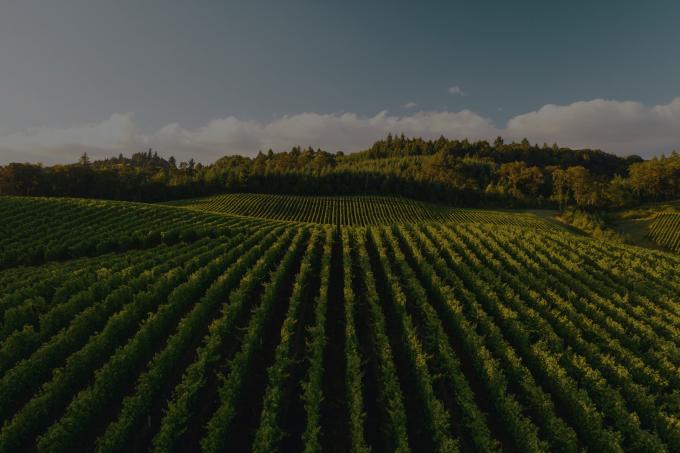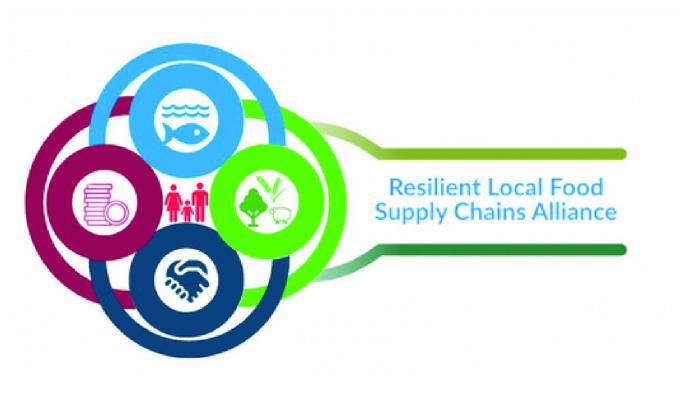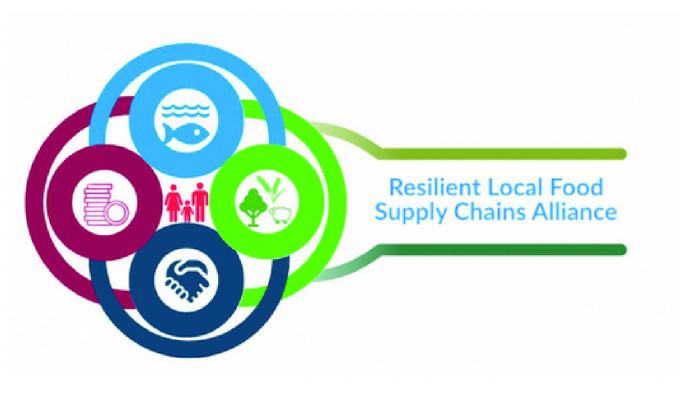GOOD PRACTICE

Empowering women through olive tree planting: a socio-environmental regeneration initiative in Morocco
Morocco
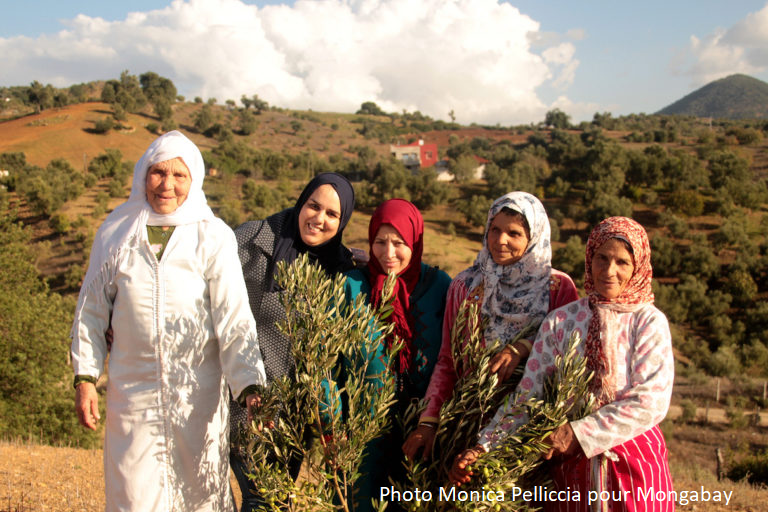
In the Rif mountains of northern Morocco, marginalised communities face the challenges of poverty, isolation and environmental degradation. In partnership with the GIE and PUR project, the Femmes du Rif cooperative initiated the planting of olive trees following the 2008 fires. This initiative has increased olive oil production, diversified income sources and improved local food recognition. The success lies in collective planting efforts, quality control, and strategic marketing, ensuring long-term viability.
You must be registered to see all the content
Thanks to the planting of olive trees, the Femmes du Rif cooperatives have been able to produce a very good quality olive oil. The women have also expressed a desire to plant fruit trees: plums, figs and pomegranates. This has helped to improve food sovereignty in the villages, diversify production activities (reducing the risks associated with climatic hazards, which are very problematic in the region) and combat soil erosion thanks to better land use, which is also very useful for preserving local biodiversity. This has had significant social consequences, such as better education for their children, improved infrastructure and even the promotion of some members to political positions at regional and national level.
The species chosen for the start of the project was the Moroccan Picholine, and the olive trees were planted collectively on the women's plots. It is sometimes necessary to walk several kilometres to reach the planting site. The GIE coordinates the downstream activities: harvesting, crushing, packaging, marketing and communication. The quality obtained is very good, the olive oil is classified as extra virgin or virgin and the GIE has also obtained organic certification. The oil is packaged in stainless steel tanks that meet very strict standards and then bottled (glass) on site at the time of sale. The GIE sells its oil in the fair trade and organic sectors in France, but also on the local market, where the women of the Rif benefit from an excellent reputation. The marketing of olive oil, in a context of high prices and strong demand for high quality olive oil, is a condition for the sustainability of the project.









